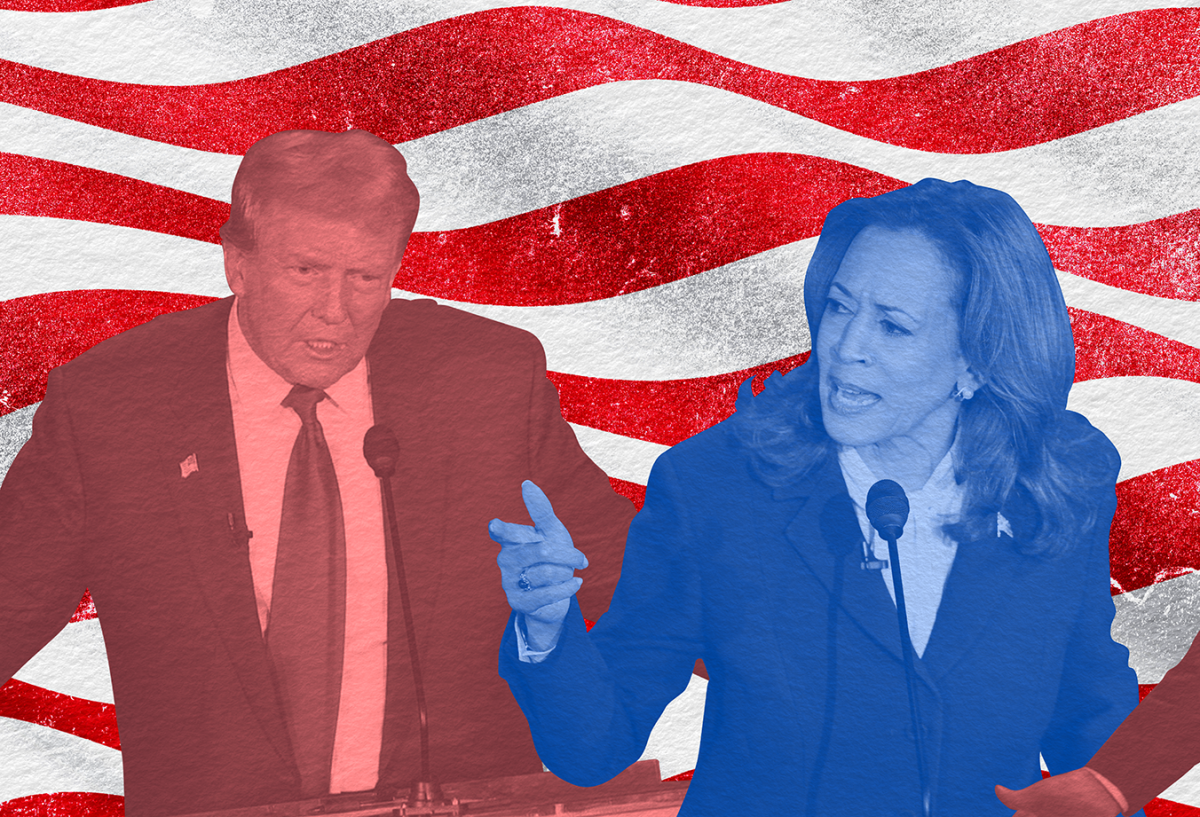Standing outside the county clerk’s office building on East Main Street, I was approached by a man who spoke little English asking for directions to the desk where he could register his new vehicle. I directed him to the front door as another opened.
“Everyone always asks me about elections,” County Clerk Susan Lamb told me at the very beginning of our meeting.
I promptly scratched out half my notes and restructured.
We walked to the downtown branch of the Public Library, a fitting place for Lexington’s official designated record-keeper, where she reserved a room. While on the city council, she was known as a stickler for procedure. As a candidate and constitutional officer, she strictly bifurcates her work on Main Street and her campaign.
Lexingtonians may be familiar with the office of county clerk, through which all marriage licenses, vehicle registrations, land deeds, and more are serviced; but they may not be familiar with Susan Lamb. She was appointed to the position by County/Judge Executive Mary Diane McCord Hanna in January after Don Blevins Jr. resigned.
She held the fourth district city council seat for eight years and is a nearly three-decade veteran of city hall. Seldom do I meet someone so dedicated to bureaucracy as to democracy, but Lamb speaks with excitement about the otherwise mundane functions of local government.
The flashiest part of her new role is being the chief election officer for Fayette County, but she was quick to point out that she does a whole lot more than just that. She, for instance, inherited a massive project to digitize thousands of documents relating to land records dating back centuries.
For Lamb, the maintenance of these documents is a symbol of transparency in government.
“It was such a warm feeling to be able to have someone call you up and not understand something … and you could show them the path to be able to figure it out.”
Most will likely never come looking after land records or marriage licenses from the 1850’s, but for inquiring minds, the maintenance of these documents is vital. They tell the history of Lexington in data, and Lamb is that history’s proud centurion.
Running for re-election, Lamb presides, for the first time, over an election bearing her name. Voters will see her name, and the capital “D” beside it, and associate her with the broader network of Democrats in the state.
But she does not think in partisan terms. I asked her about potential quarrels between her office and the Republican-led state legislature that largely oversees it, but she wouldn’t budge. “I don’t ever make [an] assumption based on my own personal objectives,” she said.
Her name on the ballot will bear the capital “D,” but she is a public servant far before a political actor.
Eventually, the time came to talk about the election. About her own campaign, she had little say. She’ll be facing Dawne Perkins, an election denier and anti-vaccine advocate who happens to own a local business. But Lamb didn’t harbor any ill will toward Perkins at all.
Running your own election is a unique challenge, she told me. Prior to her being on the ballot, she visited the training sessions for prospective poll workers to personally thank each of them. Now, she is barred from doing so, else violate the rules she is charged to enforce.
Lamb is nearly singularly focused on increasing turnout. She opened more early voting centers dispersed around the county and is developing new partnerships meant to disseminate information more widely.
But youth turnout is a challenge still. Lamb is certainly more invested in juicing the youth vote than her predecessors, but she has not yet developed a plan specifically meant to do so. And it’s hard. Younger voters generally interact with the County Clerk much less frequently than their older peers, save registering to vote. Reaching us isn’t always easy, and we don’t often listen.
Remember, she’s new to the office yet and will — pending re-election — have plenty of time to do all the things that nine months aren’t fit for.
Lamb looks onward with measured optimism. She absolutely refused to succumb to dark prophecies of a deteriorating democracy, but rather reinvigorated the earnestly American idea that when a few good people work with vigor and honor, all of us will prevail.




























































































































































